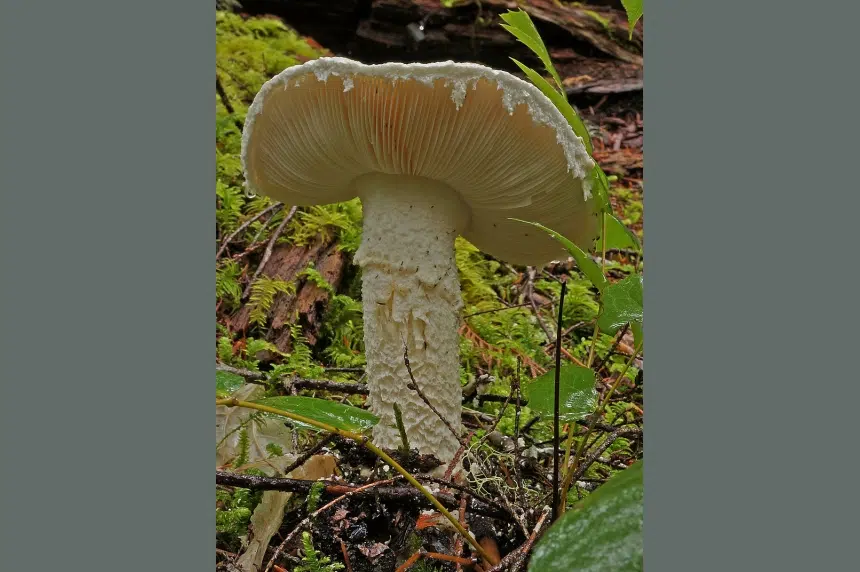Pet owners around Saskatoon have been on high alert after the suspected poisoning of a dog that reportedly died after a walk around the Avalon off-leash dog park and another canine who was poisoned near a veterinarian office.
After testing, the culprit appears to be deadly mushrooms, according to a veterinary toxicologist.
“We have had inquiries about several dogs and several of them have died,” Dr. Barry Blakley said. “The pathology and the testing of those dogs is consistent with mushroom poisoning.”
Blakley works at the Western College of Veterinary Medicine where the majority of testing, if submitted, is done. He said the difficulty is identifying the mushrooms after they’ve been chewed and consumed by the animal.
“We’ve eliminated a number of possibilities,” he said, adding that strychnine poison was ruled out.
“Unfortunately we can’t analyze for mushrooms, we are attempting to get the mushrooms identified. I can’t say ‘yes it is’ or ‘no it isn’t’ but it’s consistent with that cause of death. Also the pathology that we’ve seen and the clinical science are consistent with mushroom poisoning.”
When asked about the dogs who recently made headlines, Blakley said they both showed the violent clinical signs, neurological signs, and gastrointestinal signs consistent with mushroom poisoning. He explained there are about 20 different species of mushroom that could potentially cause death with six being more common.
“The chemical in there that causes the problem is extremely toxic at very, very low doses,” Blakley explained.
“In the last couple of weeks we have had considerable rainfall and the temperatures are not stifling hot. Mushrooms like moisture, shade, and moderate temperatures which we’ve been having. So the conditions for growth of mushrooms is ideal and it has been for the last couple of weeks.”
With colder temperatures and overnight frost in the Prairies it is expected the number of poisonous mushrooms will substantially decrease. But Blakley advises dog owners keep their canines on a leash or owners should take a walk around the park to try and pick any mushrooms spotted before letting your dog off leash.
If a dog does consume mushrooms an owner should, if they have the capability, induce vomiting. Then quickly get the dog to a veterinarian where they will do a stomach wash and give medication to bind the toxic.
“If they get to the dog quickly, they can save it. Quickly is probably less than an hour, half-an-hour is better,” Blakley said.
Historically Saskatoon is reasonably dry so the toxic Amanita genus of mushroom is less likely to grow in the wild or a dog park, Blakely explained but “as the moisture increased we’ve had the right conditions.”











